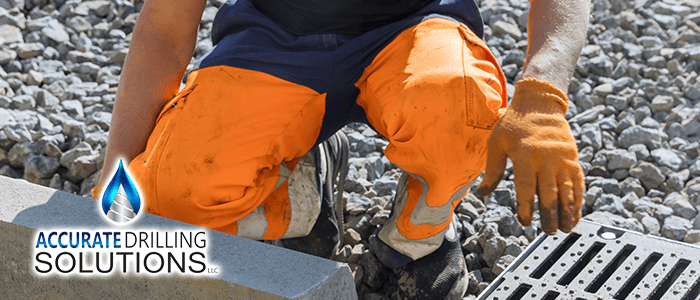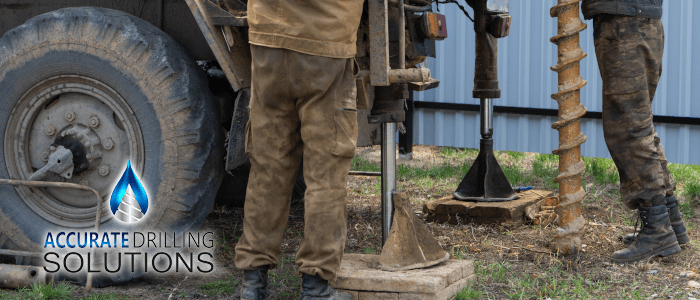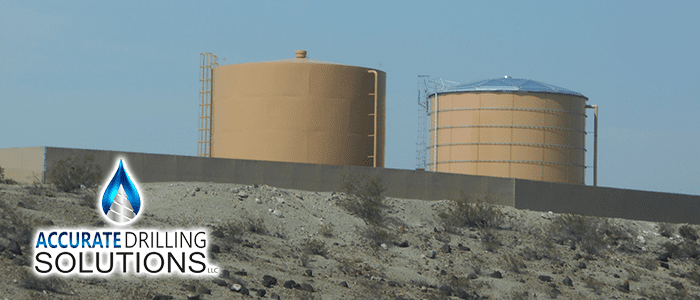
The Role of Water Wells in Sustainable Living
Sustainable living practices are an important part of any sustainable lifestyle, and installing your own dedicated water well disconnected from any commercialized pipeline is an integral component of this process. It is important to note that water wells are not just for rural living. In fact, there are many benefits to installing a water well in your own backyard, even if you live in an urban environment.
This article will discuss the role of water wells in sustainable living, as well as some of the benefits they offer.
Types of Water Wells
Firstly we’ll go over the basics– For those not quite informed on well construction, there are two main types of water wells:
Dug Wells: Which are constructed by hand by digging a hole in the ground and lining it with clay or cement. This type of well is often used in rural areas where there’s no electricity or power source to run an electric pump. It also requires less maintenance than a drilled well because there is no pipe connecting it to your home; you simply draw water from the top using buckets or other containers.
Drilled Wells: Which use mechanical drilling equipment powered by electricity or diesel fuel (depending on location) to dig deeper into the earth than what can be reached with a dug well. This allows for greater access to groundwater sources that aren’t as accessible through other means such as springs or lakeshores–and therefore makes them ideal for urban settings where space may be limited but fresh water is needed nonetheless!
Environmental Benefits of Water Wells
Water wells are a sustainable way to meet your household’s water needs. Water wells reduce the amount of fossil fuels used for pumping, which in turn lowers carbon emissions. They also eliminate the need for pollution-causing chemicals such as chlorine and fluoride that are used in municipal water treatment plants.
Sustainable Living Practices Enabled by Water Wells
Water wells are an essential part of sustainable living. They allow you to grow your own food, raise livestock and collect rainwater.
Water wells can be used in a variety of ways:
- Watering plants and lawns
- Growing crops such as fruits and vegetables
- Raising animals such as chickens or cows
Misconceptions and Myths About Water Wells
There are many misconceptions and myths surrounding water wells. The following is a list of the most common ones:
- Water wells are unsafe and unreliable sources of clean drinking water.
- Water from a well should be tested regularly to ensure its safety.
- Wells have high maintenance costs, and it’s too difficult for people without technical skills to maintain them properly on their own.
Conclusion for Water Wells in Sustainable Living
In conclusion, the role of water wells in sustainable living is very important. Water wells can be used to harvest rainwater and reduce pollution by not using chemicals on plants. Water wells also help to conserve energy by reducing the need for irrigation systems that use electricity or fossil fuels. If you are interested in learning more about water wells and their impact, check out our website for more.
But, if you’re interested in installing a water well on your property, here are some things to consider:
- Water wells are an important part of sustainable living. They can help reduce your reliance on municipal water sources and save money in the process.
- A water well drilling company can install a new well for you at a reasonable cost, depending on how deep they need to go and how many pipes they need to run underground.
continue reading
Related Posts
Water Wells: The Hidden Gem for Fire Protection Do you
Drilling Down on Well Drilling: FAQs and Answers Are you





